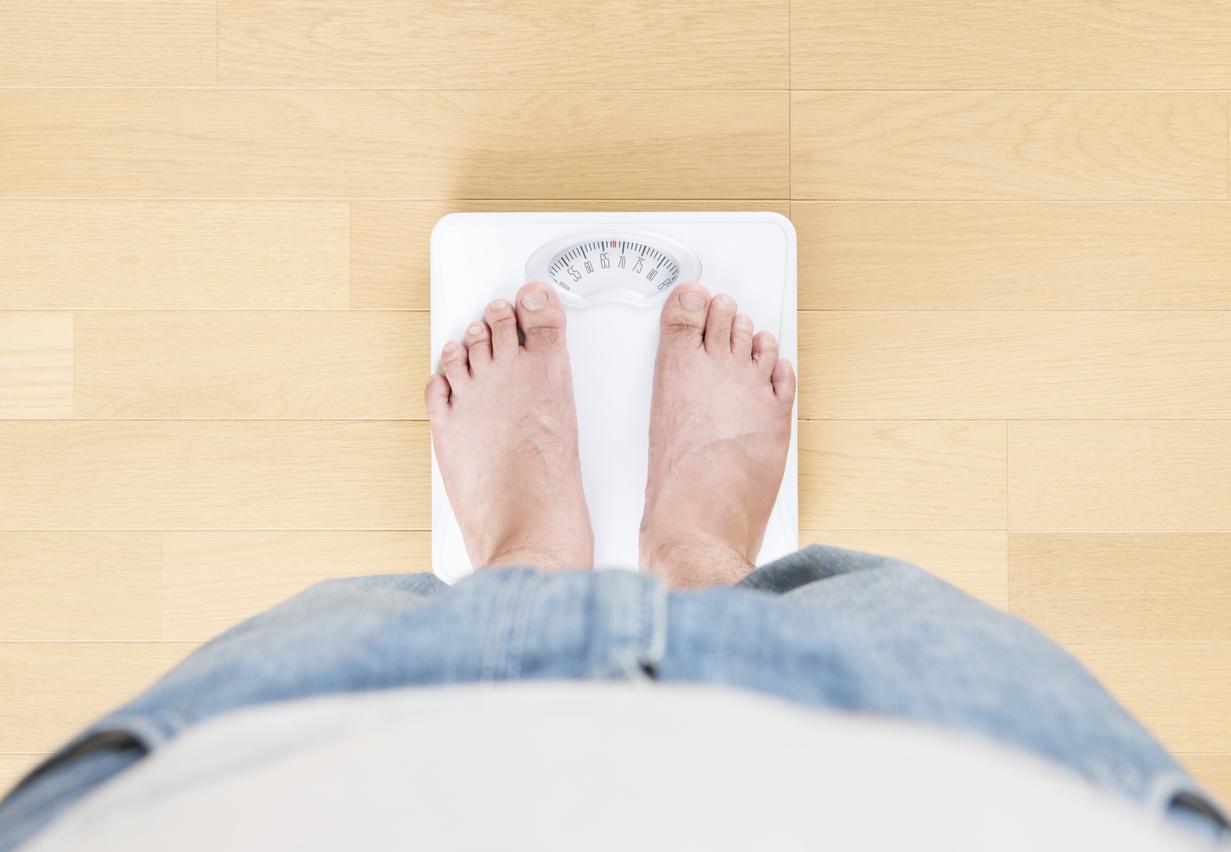It is not really a Ebola vaccine strictly speaking, which would be sent free of charge to Liberia with the agreement of the United States, but from a treatment which has been successfully tested in six out of eight monkeys. And it has not yet had time to be studied in humans: only two American aid workers, infected with Ebola while treating patients, have benefited with positive results.
A groping strategy
If it is better to remember that the serum we are talking about is not the panacea, it is because there is currently no vaccine or treatment against Ebola. No cure has given satisfactory results at a clinical stage. The serum that is sent to Liberia therefore still has its work to do in the field. And this strategy is not done without risks as there are so many unknowns: effectiveness of the serum? What about side effects?
The only certainty to date comes from the American pharmaceutical company which claims that the serum called Zmapp, is made from tobacco leaves. Very difficult to obtain, this experimental drug would work from antibodies produced naturally by mice sick with Ebola fever. These antibodies would be injected into humans to defend themselves against the virus.
The deceased Spanish missionary
Will this serum be the antidote against Ebola? US President Barack Obama, who has responded to the request of the Liberian president, by ignoring the agreement of the American health agency, hopes that the treatment will succeed in curbing this hemorrhagic fever which has already killed 1,000 people in West Africa. This serum appears today as the only hope in the face of a virus of unprecedented violence, against which the WHO was forced to decree theglobal public health emergency.
This announcement of the sending of doses of medicine comes as we learn that the Spanish missionary repatriated to Spain from Liberia on August 7 died in hospital from the disease.


















